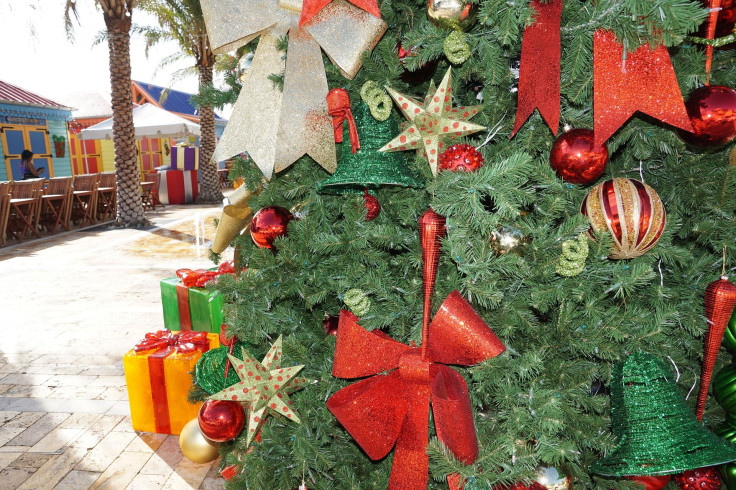Christmas Health Risks 2016: The Truth About Holiday Season Deaths

People dying in higher numbers during the holiday season may not have anything to do with the winter weather, according to a study from New Zealand.
In that island nation in the southern hemisphere, Christmas falls during the summer, yet researchers still saw an increase in heart-related deaths between December 25 to January 7. The findings, published in the Journal of the American Heart Association, were based upon an analysis of deaths between 1988 and 2013. “Cardiac mortality is elevated during the Christmas holiday period relative to surrounding time periods,” it says, with 4.2 percent more people dying outside of a hospital. The victims are also younger by almost a year, as compared to the average ages of people who suffer heart-related deaths during the rest of the year.
Read: 5 Holiday-Themed Ways to Reduce Stress
“Spikes in deaths from natural causes during Christmas and New Year's Day has been previously established in the United States,” study author Josh Knight said in a statement from the American Heart Association. “However, the Christmas holiday period ... in the U.S. falls within the coldest period of the year when death rates are already seasonally high due to low temperatures and influenza.”
Holiday-related emotional stress, different diet patterns and alcohol consumption during the holidays, lower staffing levels at medical facilities and environmental changes, such as while visiting relatives, have all been implicated as possible explanations for the cardiac deaths. Knight also said that people might be delaying treatment because they are on vacation and are not near their usual medical facilities. “Another explanation may have to do with a terminally ill patients’ will to live and hold off death for a day that is important to them,” the American Heart Association added.
The study notes, however, that those suspects have not been proven to be at fault: “By virtue of studying data from a Southern Hemisphere location, we have been able to clarify the likely causes contributing to the Christmas holiday effect; however, we are not able to make a definitive statement about the cause of the effect.”
Source: Knight J, Schilling C, Barnett A, Jackson R and Clarke P. Revisiting the “Christmas Holiday Effect” in the Southern Hemisphere. Journal of the American Heart Association. 2016.
See also:



























